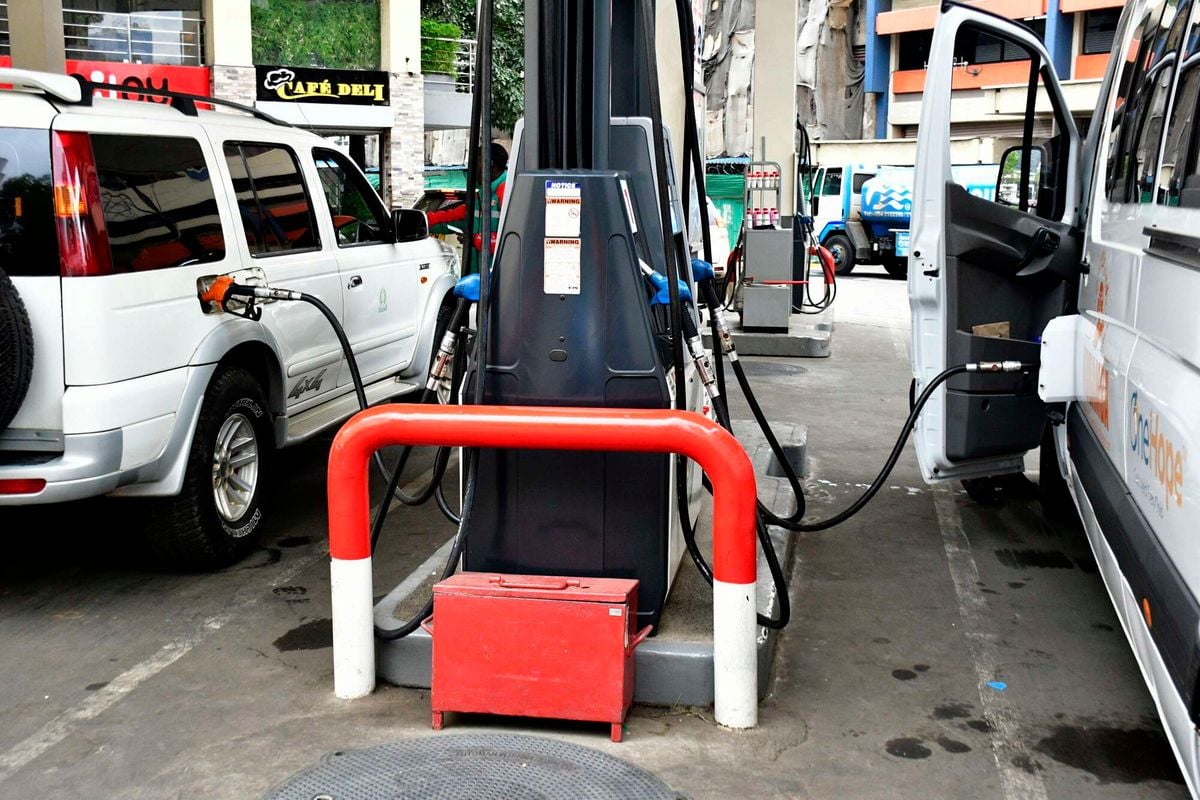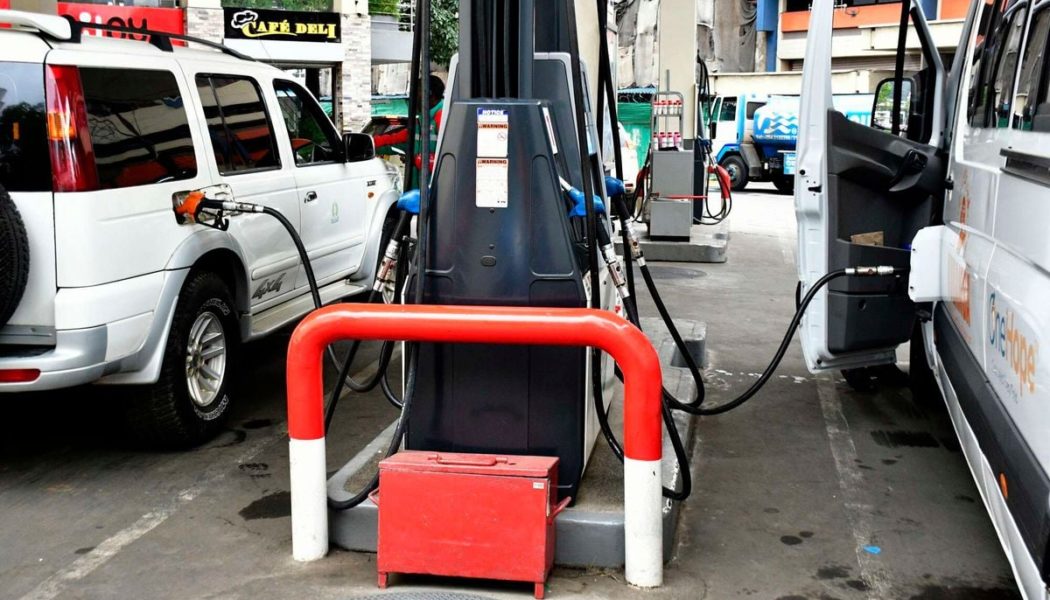
The energy regulator retained cross-subsidy on super petrol, cutting prices of the commodity by a higher margin but denying diesel consumers deeper price cuts.
Super petrol prices fell by Sh3 a litre to Sh189.84 effective Friday midnight, driven by a combination of the cross-subsidy of Sh2.99 per litre and global drops in the cost of the commodity.
But the move denied consumers of diesel a further drop of Sh1.77 per litre, meaning that had the cross-subsidy not been applied, a litre of the commodity would be going for Sh171.33 instead of Sh173.1.
Cross-subsidy has been the subject of a court case and concerns from Parliament on grounds that it is not legally set out in the Energy Act, 2019.
Cross-subsidisation of fuel allows the Exchequer to share the burden with consumers of one of the three grades of fuel. This concept, however, denies users of one grade of fuel higher price cuts whenever global prices fall while cushioning others whenever prices of their grade of fuel go up internationally.
Prices of diesel in the global market fell by 7.7 percent to $680.20 per barrel according to S&P Global Platts pricing while those of super petrol dropped by 8.35 percent to $849.52 per barrel.
“In the period under review, the maximum allowed pump price for super petrol, diesel, and kerosene decrease by Sh3 per litre, Sh6.08 per litre, and Sh5.71 per litre, respectively,” Daniel Kiptoo, the Director-General of the Energy and Petroleum Regulatory Authority (Epra) said in the pricing notice on Friday morning.
S&P Global Platts is a global provider of benchmark prices of key commodities including energy.
Without the cross-subsidy, super petrol prices would have dropped by a lower margin than the Sh3 per litre, in the new prices that will be in force until July 14.
The government turned to cross-subsidy after it scrapped pump price stabilisation last year. The National Treasury and consumers of one grade of fuel share the burden.
The government initially cross-subsidised diesel using super petrol given that diesel is the main driver of the economy.
Last year, a case challenging Epra’s move to apply cross-subsidy was filed at the High Court in Mombasa with the petitioner arguing that the regulator abused pricing regulations by overcharging super petrol consumers to cushion diesel users.
But the court dismissed the petition saying that it was not convinced by the petitioner’s argument that the cross-subsidy was not anchored in law.
The law provides for stabilisation of pump prices, with the State drawing money from the Petroleum Development Fund.
The Kenya Kwanza government last year discontinued the pump prices stabilisation scheme, amid mounting pressure from the International Monetary Fund— one of Kenya’s key financiers currently.
But soaring prices that at one time breached the Sh200- a litre mark and public outrage over escalating fuel prices and cost of living forced the government to reinstate the scheme.
Price stabilisation and now cross-subsidisation have been key in helping the government to avoid public outrage over escalating costs of fuel.
Fuel prices are critical in determining inflation— the measure of the cost of living.
Official data shows that inflation marginally rose to 5.1 percent last month from five in April, driven by high costs of food and electricity.









